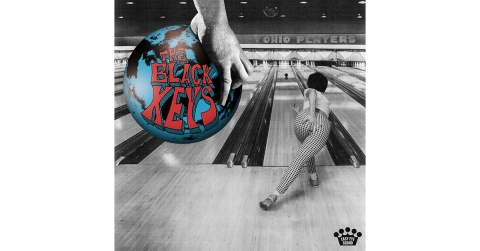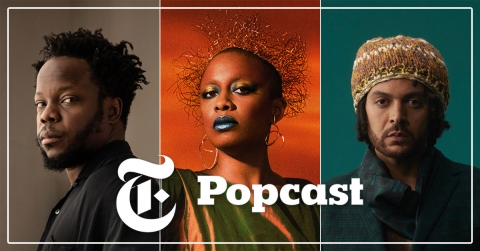Toumani Diabaté's latest release, The Mande Variations, his first solo recording since his debut album 20 years ago, "is a welcome surprise," says Banning Eyre on NPR's All Things Considered. "In the hands of a master like Diabaté," Eyre concludes, "the kora belongs to an African classical art form that has been evolving and growing for hundreds of years. With this work, Diabaté defines the very state of that art." Toumani is in London this week for three shows with Björk at the Hammersmith Apollo.
Toumani Diabaté's latest release, The Mande Variations, his first solo recording since his debut album 20 years ago, "is a welcome surprise," says Banning Eyre in his review of the album for NPR's All Things Considered, "for no two of his recordings have ever reprised the same format."
Toumani, "by many accounts the greatest living kora player today," according to NPR, has been involved with a variety of projects in the two decades between solo recordings, and that long and varied career, says Eyre, "has demonstrated that the kora can recount history on its own."
"In the hands of a master like Diabaté," Eyre concludes, "the kora belongs to an African classical art form that has been evolving and growing for hundreds of years. With this work, Diabaté defines the very state of that art."
To listen to the review on All Things Considered, visit npr.org.
Toumani is in London this week for three shows with Björk at the Hammersmith Apollo. The Independent (UK) in its review of Monday's opening-night performance, called Toumani's kora introduction to Björk's "Hope," off her latest album, Volta, "magical."


